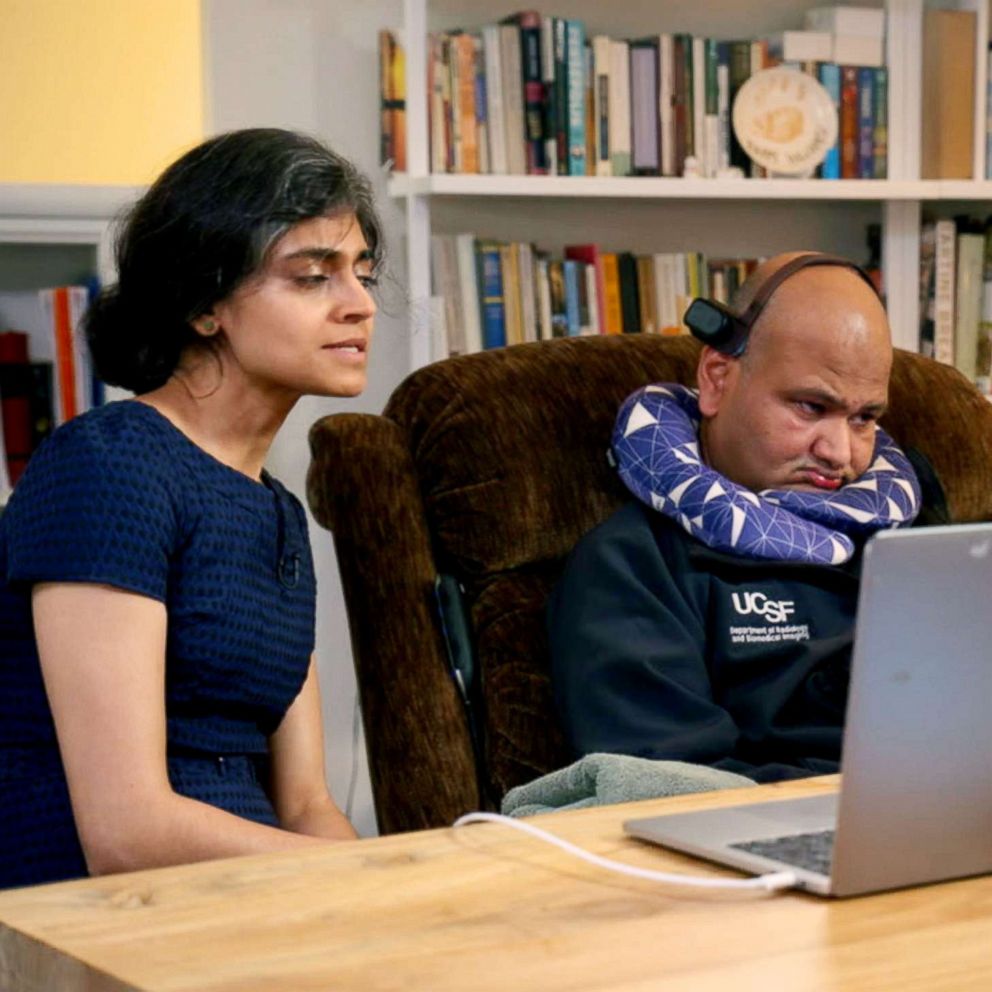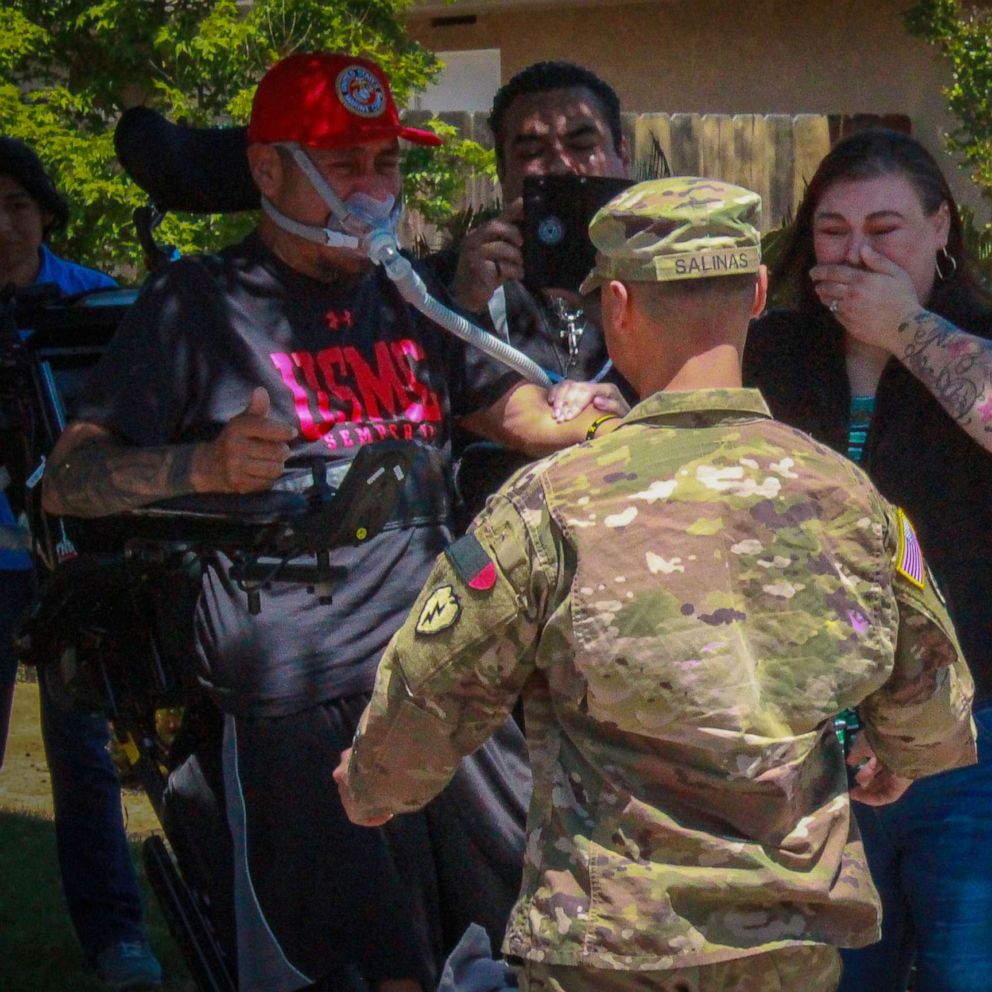Roberta Flack diagnosed with ALS, says it's 'made it impossible to sing'
Roberta Flack is known for famous hits, including "Killing Me Softly."
Singer Roberta Flack is no longer able to sing following a diagnosis of amyotrophic lateral sclerosis, otherwise known as ALS.
Her management team announced Monday the singer's ALS symptoms have "made it impossible to sing and not easy to speak." The statement added, "But it will take a lot more than ALS to silence this icon."
"Miss Flack plans to stay active in her musical and creative pursuits," her team stated. "Her fortitude and joyful embrace of music that lifted her from modest circumstances to the international spotlight remain vibrant and inspired."

Flack is said to be looking forward to "a banner year in 2023," and will pursue a "number of projects and anniversaries" celebrating her career and influence.
Among them is the 50th anniversary of her Grammy-nominated album "Killing Me Softly," which was certified twice Platinum by the Recording Industry Association of America. The record featured the number-one hit "Killing Me Softly with His Song," which won the 1973 Grammy for Record of the Year.
Flack's documentary, "Roberta," will air at the Doc NYC film festival on Nov. 17 and later on PBS on Jan. 24. It explores how she crafted her music genius and became a powerhouse in the industry.
Flack will also release the children's book "The Green Piano: How Little Me Found Music" on Jan. 10.

"I have long dreamed of telling my story to children about that first green piano that my father got for me from the junkyard in the hope that they would be inspired to reach for their dreams," the artist said in a statement. "I want them to know that dreams can come true with persistence, encouragement from family and friends, and most of all belief in yourself."
She'll also help mark the 75th anniversary of Atlantic Records, which first signed her in 1969.

What to know about ALS
Amyotrophic lateral sclerosis, or ALS, is a rare neurological disease that primarily affects the nerve cells in the brain and spinal cord that are responsible for controlling muscle movement, including chewing, walking and talking, according to the National Institutes of Health.
ALS was once commonly known as Lou Gehrig’s disease, a famous baseball player in the 1940s who was forced to retire due to the disease.
The disease is progressive, meaning symptoms will worsen over time. Currently, there is no cure for ALS, but there are treatments that can prolong survival and slow how quickly symptoms arise, such as Riluzole and Edaravone. Most people with ALS die within three to five years from when symptoms first appear, however about 10% of people with ALS will survive for over 10 years, the NIH states.
The exact cause of ALS remains unknown. Although the disease can be diagnosed at any age, symptoms commonly develop between the ages of 55 and 75, according to the Centers for Disease Control and Prevention.
Early symptoms of ALS include:
- Muscle twitches in the arm leg, shoulder or tongue.
- Muscle cramps, weakness and stiffness.
- Slurred and nasal speech.
- Difficulty chewing or swallowing.






